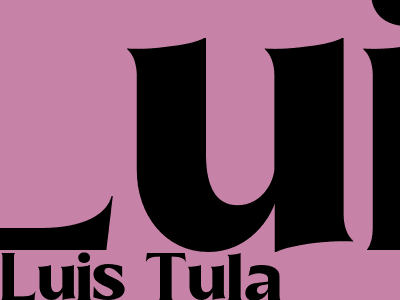
Luis Tula
Google and Blogger.com guide to creating compelling blog content
Creating high-quality content that provides value to readers
Creating high-quality, compelling blog content that provides value to the readers is the key to a successful blog. The content should be well-written, informative and engaging. It should be relevant to the audience and meet their needs. The content should be well-researched and accurate. It should be free of errors and up-to-date.
Here are some tips for creating high-quality blog content:
Know your audience: The first step to creating high-quality content is to know your audience. Who are you writing for? What are their interests? What are their needs? Once you know your audience, you can tailor your content to meet their specific needs. Do your research: Before you start writing, do your research. Make sure you have a good understanding of the topic you are writing about. This will help you to write accurate and informative content. Write a compelling headline: The headline is the first thing that readers will see, so it is important to make it compelling. The headline should be clear, concise and informative. It should also be relevant to the content of the blog post. Write an engaging introduction: The introduction is the next thing that readers will see, so it is important to make it engaging. The introduction should grab the reader's attention and make them want to read more. Use keywords: Keywords are the words and phrases that people use to search for information online. By including relevant keywords in your content, you can make it more visible to potential readers. Use headings and subheadings: Headings and subheadings help to break up the text and make it easier to read. They also help to organize the content and make it more visually appealing. Use images and videos: Images and videos can help to break up the text and make the content more visually appealing. They can also help to illustrate the points you are making. Proofread your work: Before you publish your blog post, proofread it carefully for errors. Make sure the grammar is correct and the spelling is accurate. Google and Blogger.com policies
In addition to creating high-quality content, it is also important to follow Google and Blogger.com's policies. These policies help to ensure that the content on the web is safe and appropriate for all users.
Here are some of the most important Google and Blogger.com policies:
Do not post copyrighted material: Copyright law protects the original works of authors, artists and other creators. Do not post copyrighted material on your blog without the permission of the copyright holder. Do not post illegal content: Do not post content that is illegal in your country or jurisdiction. This includes content that is defamatory, obscene, threatening or incites violence. Do not post spam: Spam is unsolicited bulk email that is sent to multiple recipients. Do not post spam on your blog or in the comments section of other people's blogs. Do not impersonate others: Do not impersonate other people or organizations on your blog. This includes using their name, logo or other identifying information without their permission. Do not post personal information: Do not post personal information about yourself or others on your blog. This includes your address, phone number, email address or credit card number. By following Google and Blogger.com's policies, you can help to ensure that your blog is a safe and enjoyable place for all users.
Back up your content with credible research
When you make a claim in your blog post, it is important to back it up with credible research. This will help to ensure that your content is accurate and reliable.
There are a number of ways to back up your content with credible research:
Use reputable sources: When you cite a source, make sure it is a reputable source. This means that the source is credible and has a good reputation for accuracy and reliability. Use multiple sources: Do not rely on just one source to back up your claim. Use multiple sources to provide evidence for your claim. Cite your sources: When you cite a source, make sure to include all of the necessary information so that readers can find the source on their own. By backing up your content with credible research, you can help to ensure that your content is accurate and reliable.

Comments